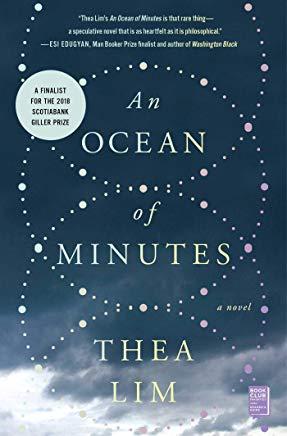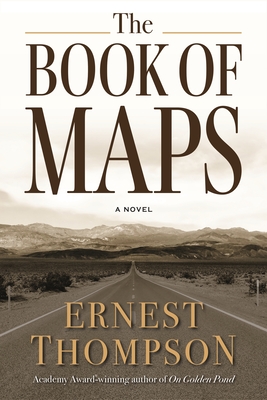
description
7Tres novelas cortas «brillantes y perturbadoras (Alejandro Zambra) en las que Margarita GarcÃa Robayo, una de las voces más destacadas de la literatura latinoamericana actual, expone lo mejor de su narrativa. «Creo que es la escritora que mejor escribe sobre la intimidad. -Mariana Enriquez En Hasta que pase un huracán, una adolescente de clase media es la protagonista de una vida muchas veces tediosa, en una ciudad cerca del mar, de la que sueña huir. En Lo que no aprendÃ, una niña observa atentamente la figura que representa su padre: un abogado que ejerce prácticas paranormales. Su voz inocente y su mirada lúcida son una búsqueda para sanar su propia historia. Finalmente está Educación sexual, un texto que se mueve entre ficción autobiográfica y el ensayo, ambientado en un colegio del Opus Dei del Caribe. Con este último quedan al descubierto las conexiones entre los tres tÃtulos: una colección de estampas de juventud de mujeres que se rebelan con ironÃa, inteligencia y arrojo frente a la tradición y los abusos, y que intentan reinventarse constantemente en otros mundos. Margarita GarcÃa Robayo mira el mundo con despiadada atención pero también con suma naturalidad: nunca está completamente afuera de lo que observa o de lo que nombra, y el ejercicio de mirarse en el espejo no la paraliza, más bien al contrario. Es imposible describir la cruda y cálida irreverencia de su escritura. Sus personajes se parecen entre sà pero tal vez ellos no estarÃan de acuerdo, porque no quieren parecerse a nadie y a la vez desean fervientemente --en ocasiones a cualquier precio-- participar del mundo. ENGLISH DESCRIPTION Three 'brilliant and disturbing' short novels (Alejandro Zambra) in which Margarita GarcÃa Robayo, one of the most prominent voices in current Latin American literature, displays the best of her story telling. I think she's the best writer on intimacy. -Mariana Enriquez In Until a Hurricane Passes, a middle-class teenager is the protagonist of an often tedious life, in a city near the sea, from which she dreams of fleeing. In What I Didn't Learn, a girl carefully observes the figure that her father represents: a lawyer who performs paranormal practices. Her innocent voice and her lucid gaze are a quest to heal her own story. Finally there is Sex Education, a text that moves between autobiographical fiction and the essay, set in an Opus Dei school in the Caribbean. With the latter, the connections between the three titles are revealed: a collection of youthful portraits of women who rebel with irony, intelligence and courage in the face of tradition and abuse, and who constantly try to reinvent themselves in other worlds. Margarita GarcÃa Robayo looks at the world with ruthless attention but also with extreme naturalness: she's never completely outside what she observes or what she names, and the exercise of looking at herself in the mirror does not paralyze her, rather the opposite. It is impossible to describe the raw and warm irreverence of her writing. Her characters resemble each other but perhaps they would not agree, because they do not want to resemble anyone and at the same time they fervently wish - sometimes at any cost - to participate in the world.
member goods
No member items were found under this heading.
Return Policy
All sales are final
Shipping
No special shipping considerations available.
Shipping fees determined at checkout.







